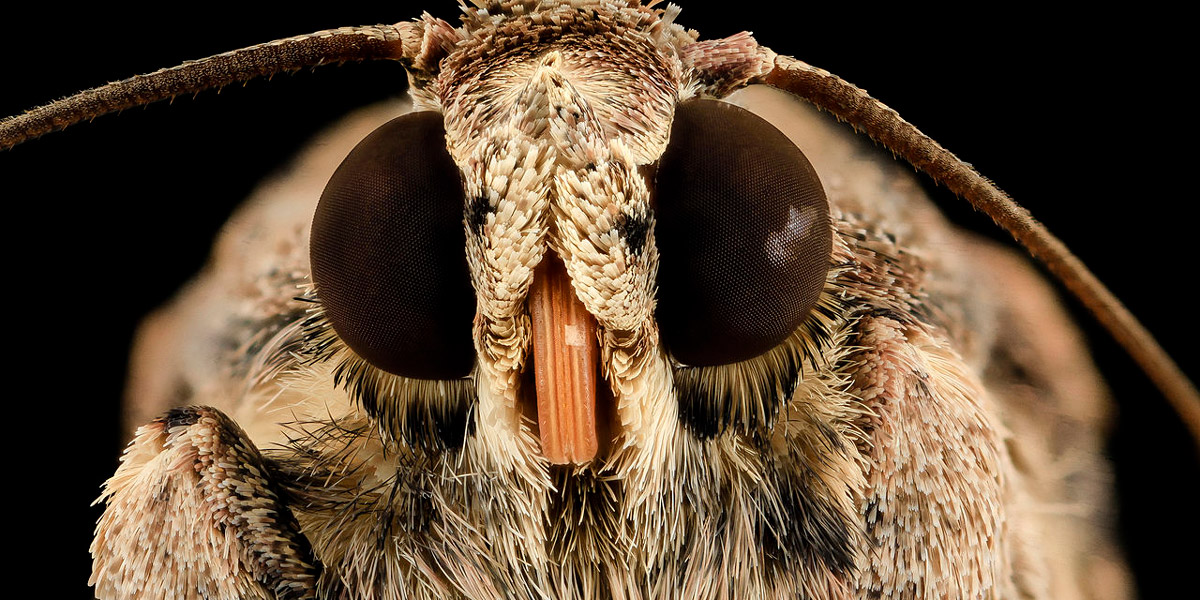
China and the United States have found common cause in exerting influence at the UN’s Food and Agriculture Organization. Global food production could be permanently changed. By Allan Hruska [EXCERPT ONLY]
The United States and China increasingly dominate the global system of food production and trade. This shared role is leading to greater competition between the two countries, as well as a deepening interdependence. With the appointment of an ambassador to the Food and Agriculture Organization (FAO), the United Nations-based agency charged with defeating hunger and improving nutrition and food security around the world, the Biden administration now has an opportunity to reconsider and adjust US priorities and practices with China.
To understand how these two dominant forces in agriculture worldwide are interacting in a swiftly changing landscape and how their relationship may influence future global food production, it’s worth examining in detail the way FAO has dealt with the challenge of the fall armyworm, an invasive pest that can reduce yields of crops such as corn, rice, and sorghum.
In 2016 the fall armyworm (a caterpillar, actually, which is the larval stage of the fall armyworm moth) escaped its native home in the Americas and began spreading throughout the world. Just two years after establishing itself in West Africa, the strong flier had crossed Sub-Saharan Africa and made its way to India. By 2019 the fall armyworm was also in China, which ranks as the second-largest corn producer in the world. As FAO began to respond to the armyworm by offering management approaches to farmers in Africa and Asia, a new alignment of interests between China and the United States became apparent.
The shift seems to have begun when, in September 2019, Qu Dongyu, the newly elected Chinese director-general of the FAO, flew to Washington, DC, to meet with high-level officials of the US State Department and other Trump administration officials. Director-General Qu was seeking US support for his FAO agenda. The cordiality of his reception was remarkable, especially considering the belligerent official rhetoric and global posturing that was characteristic of the relationship between China and the United States then. Not long before, President Trump had announced that the United States would withdraw altogether from FAO’s sister UN organization, the World Health Organization, because of its alleged subservience to China. And yet here the United States was, showing glowing support for FAO’s new Chinese Director-General.
During that visit, Chinese and US officials negotiated what appears to be a gentleman’s agreement that would allow the two countries to work together in FAO. That understanding appears to have been built on a common economic interest of the two countries, namely the continued expansion of commercial technologies in animal and crop health, including pesticides and pest-resistant genetically modified (GM) crops, especially in Sub-Saharan Africa and Asia—regions adversely affected by the fall armyworm but in which the application of these technologies is still relatively low. In other words, areas that represent large potential markets for agricultural technologies.
The mainly Western corporations producing these technologies, with robust support from the US Agency for International Development, have long lobbied to move commercial agricultural practices such as pesticides and GM crops into Sub-Saharan Africa and other parts of the developing world now alarmed by the arrival of the fall armyworm. At the same time, there are clear signals that China intends to compete against the West, with hopes to dominate those markets.
Shortly before his trip to the United States in September 2019, Qu Dongyu, the former vice-minister of the Chinese Ministry of Agriculture and Rural Affairs, had been elected by a vote of 108 out of 194 of FAO’s member countries. (FAO has a one-vote-per-country governance structure, contrasting with some other international organizations such as the World Bank and the International Monetary Fund that base their governance structure on countries’ budget contributions.) China had successfully lobbied for its candidate, especially among countries that had received Chinese investment and support in recent years.
During the campaign and election for FAO director-general, there were rumors of forgiven debt and requirements that the country representatives photograph proof of their secret vote. Although the United States did not support the Chinese candidate (or the consensus European Union candidate, Catherine Geslain-Lanéelle of France, voting instead for a wildcard candidate, Davit Kirvalidze of Georgia), neither did it mount viable opposition to Qu’s candidacy. The Trump-appointed ambassador to FAO, Kip Tom, arrived for the vote in Rome too late to lead a serious opposition.
...
Read the rest of this article on Issues.com:
https://issues.org/fall-armyworm-us-china-global-food-production-hruska/
The section above is reprinted on GMWatch with permission.